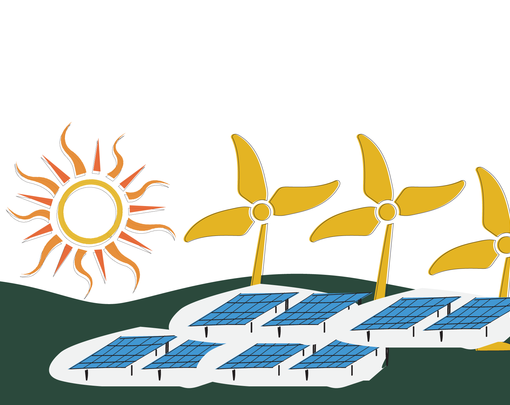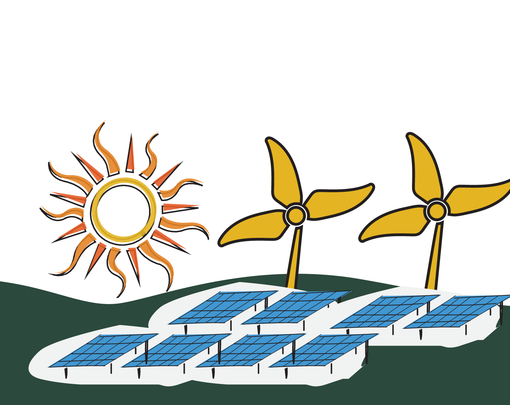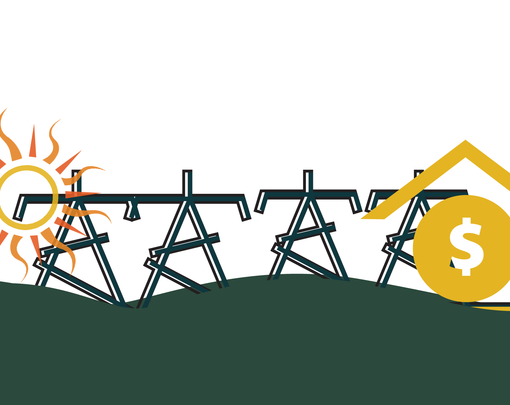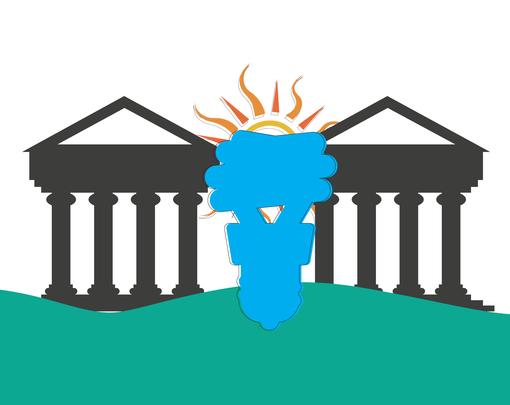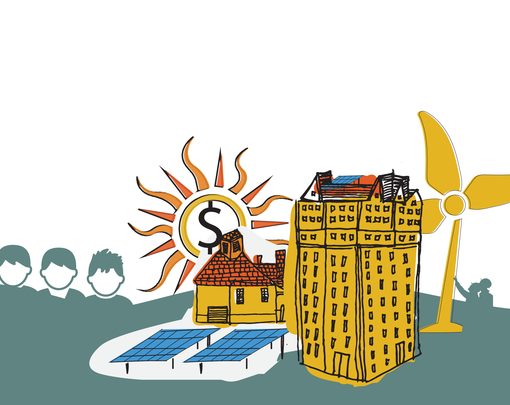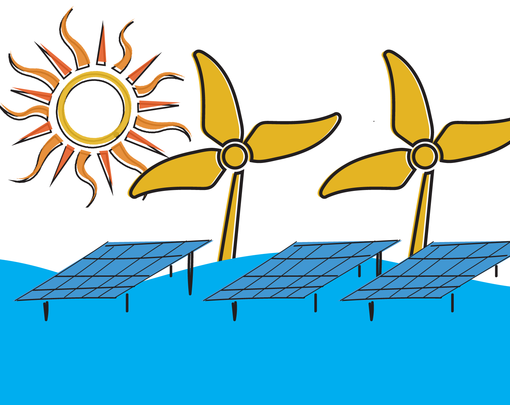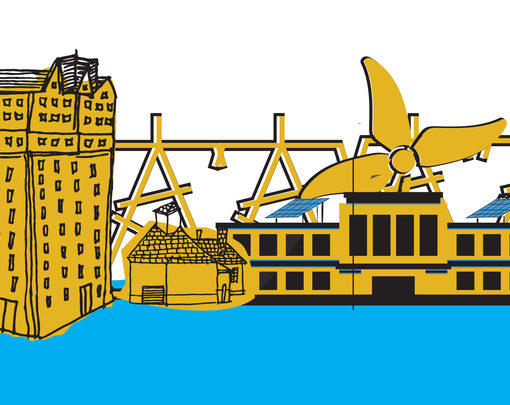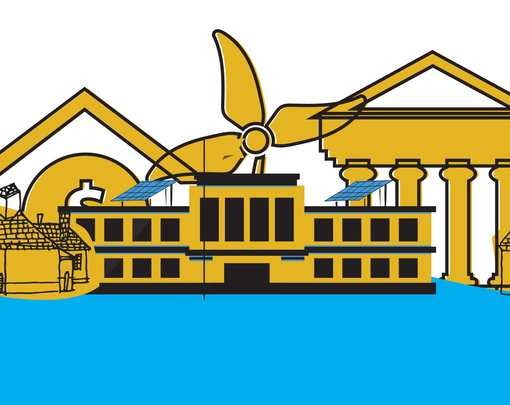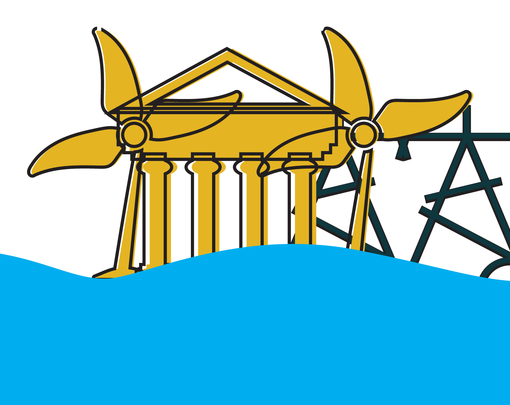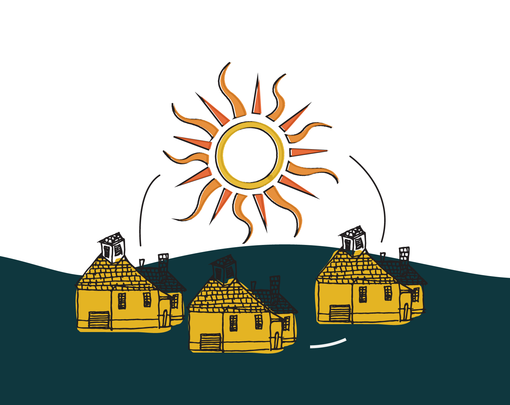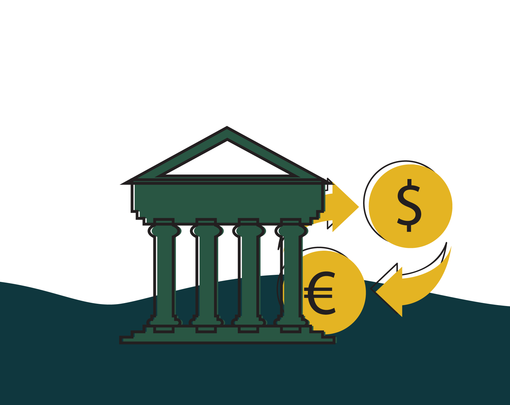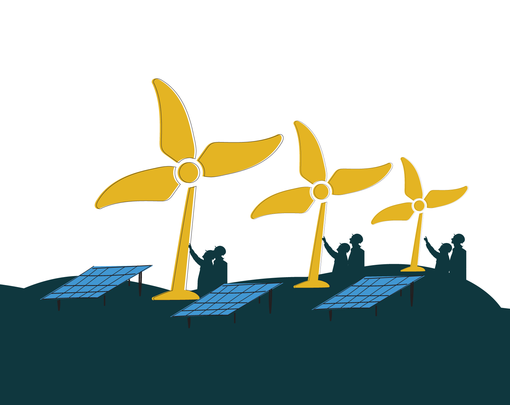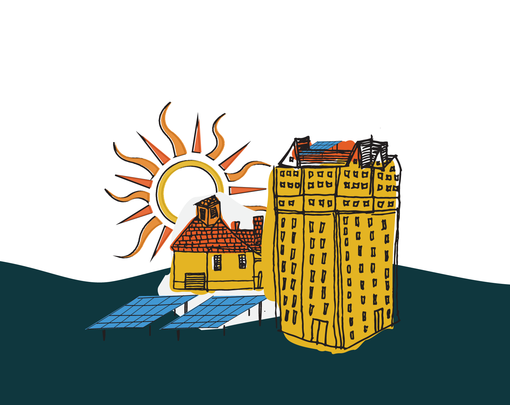An independent grid manager who preserves equal access and coordinates resources from distributed sources of energy.
Policy Support:
State legislation restructuring the energy market and establishing an independent grid operator with a specific energy democracy mandate and grid planning responsibilities.
Build Capacity?
Unclear. The independent grid operator is supposed to be a non-profit insulated from interest groups (including existing utilities). If properly structured to focus on energy democracy, decentralization, and distributed renewable energy, it could help shelter local communities and residents building an equitable energy economy from push back by existing utilities and energy interest groups.
Risk & Drawbacks?
If not structured correctly, it could be weak or ineffectual. If not focused on energy democracy principles and goals, it could reinforce the use of traditional energy sources while sidelining concerns around equitable access.
Inspiring Examples:
Partial precedents exist with the California, New ISO, and New England Independent Systems Operator. The Institute for Local Self-Reliance’s “Utility 3.0” model outlines how to supplement flexible smart grid structures with local control and equitable access to the energy system.

